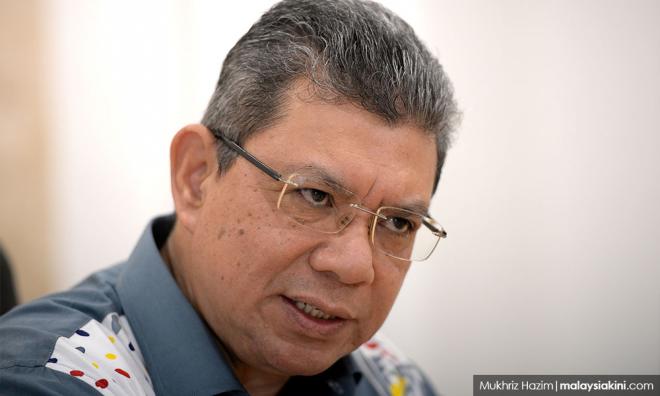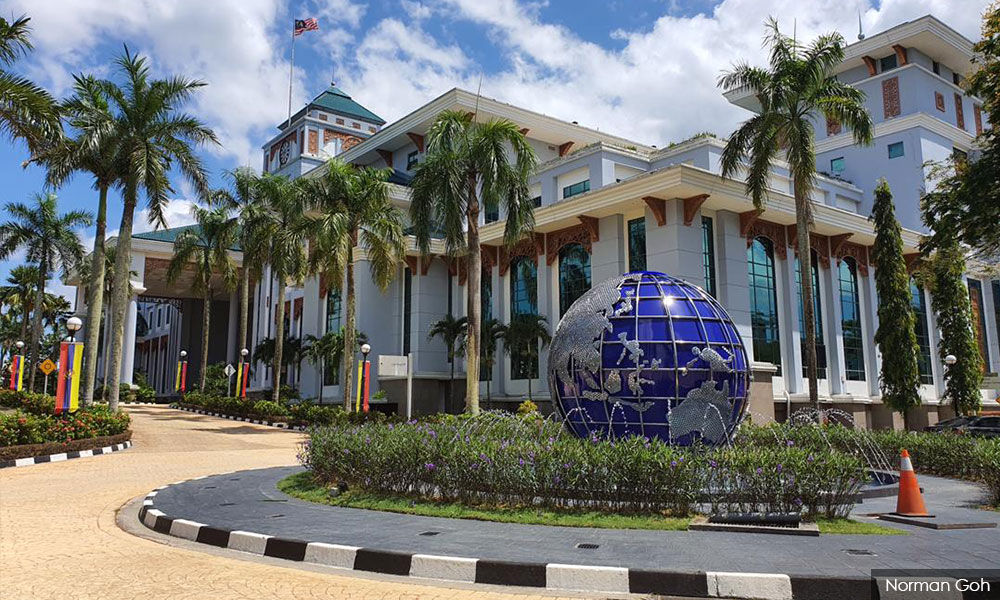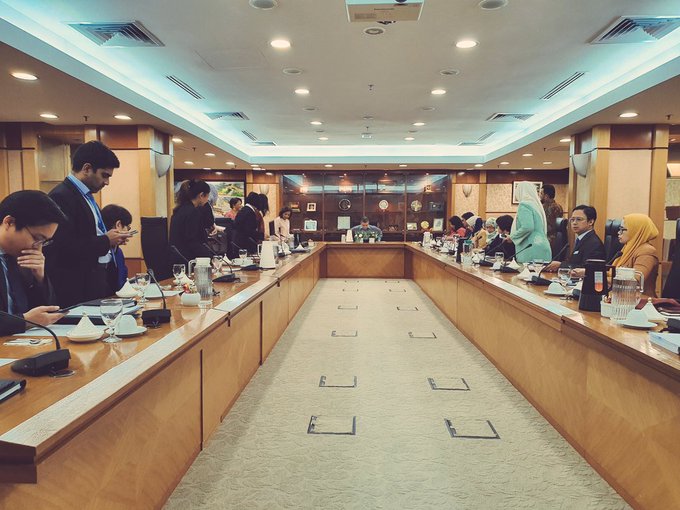
Foreign Affairs Minister Saifuddin Abdullah has reaffirmed his ministry’s commitment to pushing for gender equality and to work towards women-inclusive foreign policy initiatives.
Speaking on business radio station BFM this morning, Saifuddin said while the country was some distance from implementing a “full-fledged” feminist foreign policy, it was important elements of it be included in the foreign policy framework.
He further pledged his ministry would raise women representation in top-grade ministry positions to over 30 percent by year-end.
“The feminist foreign policy entails applying a systematic gender equality perspective throughout foreign policies, the objective in itself is about achieving all other government overall objectives such as peace, security and sustainable development.
“When I say we want to start some kind of feminist foreign policy, I’m not that very ambitious. I’m not planning that within these few years we will have a full-fledged foreign policy that is feminist, but it is important that we include feminist elements into our foreign policy framework,” he said in the interview earlier today.
He added it was equally important that such initiatives be stated clearly and repeatedly and be constantly evaluated so that they do not become forgotten.
He pointed out that Malaysia had already taken steps towards implementing gender equality, such as ratifying the UN Convention on the Elimination of All Forms of Discrimination Against Women (Cedaw) as well as its commitment to participate in the coming Beijing +25 2020 conference in commemoration of the 25th anniversary of the Beijing Declaration and Platform for Action (1995) which Malaysia was part of.

“All I’m trying to do is ensure my ministry will not be left out as we don’t want to lag behind when it comes to gender equality [...] I’m sure others will do so to in their own ministries.”
When questioned on the status of women’s leadership representation in Wisma Putra, the minister who is also the Indera Mahkota MP, said his ministry currently had 22 women in "A", "B" and "C" positions under the public sector's Premier Grade (Jusa).
This is 27.85 percent in comparison to 57 men in the same categories.
“That’s what matters. End of the day, you ask me when will we have our first woman secretary-general, so the way to answer is by looking at, among our officers, who are in "Jusa A", "B" and "C".
“As you go higher up the ladder, you will find we only have one (woman) in "Jusa A", only three in "Jusa B", though many in "Jusa C".
“The idea is to climb the ladder so […] in the shortest period of time, to make it 29 female officers in the "A", "B", "C" categories, then we can raise this to 33.7 percent. We can do that within this year,” he said.
Saifuddin was commenting on his recent tweet in which he stated his ministry’s commitment to improving gender equality, to using gender-responsive budgeting approaches; to ensuring a 30 percent women in leadership target, to embrace a “feminist foreign policy” and towards preventing all-male representations on ministry panels and at meetings.
On naysayers to his tweet who were not convinced by his arguments for greater women representation, Saifuddin said it all boiled down to commitment towards gender equality.
“There is this so-called emphasis on a merit-based culture and that talking about equal opportunity must not in any way deprive men of holding positions in leadership and so on. The fact of the matter is that there are systemic issues (on gender equality) and I’m not saying systemic discrimination.
“I understand the discourse, I understand the debate including the pushback, but you just have to be bold and brave enough to say look we have gone through this (debate) for many decades.
“We need to come up with something, we need to say it, we need to have the commitment and we just have to do it,” he said. - Mkini






No comments:
Post a Comment
Note: Only a member of this blog may post a comment.